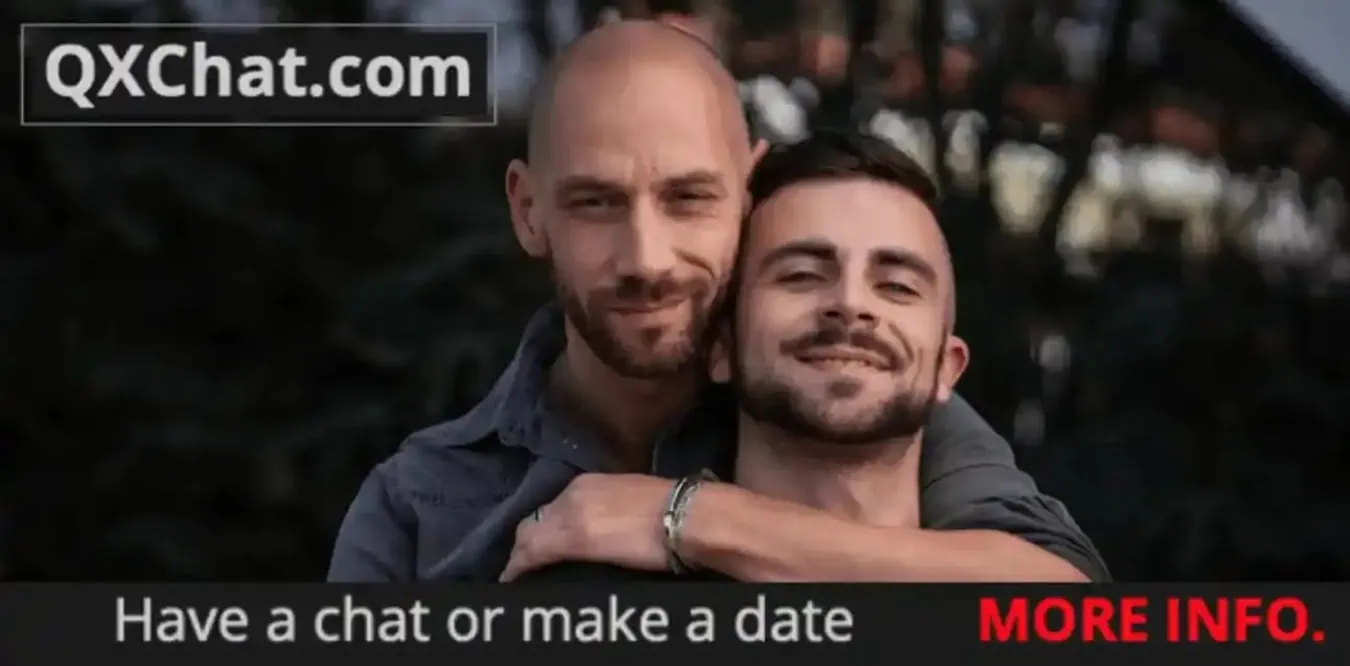Highly anticipated VICE documentary, Chemsex, hits UK cinemas this week. QX caught up with directors, Max Gogarty & Will Fairman.
How difficult was it putting a project of this nature together (access to interviewees, the issues involved, etc.)?
MG: The whole film took close to 18 months to complete. A project of this nature meant we needed the time to research and really learn our subject, build relationships, trust and access with the right people, and accumulate the footage needed to illustrate the issues many of our contributors were talking about. Chemsex is a tough and complicated subject, and indeed a taboo subject perhaps until recently, so inevitably the biggest challenge was getting the access we needed to tell the story in a comprehensive and meaningful way.
We also of course considered the vulnerability of many of the people we were filming with, as we followed their lives over the course of a year. We filmed people in intimate and complicated places but the ongoing relationships we built with them, and the policy we had whereby anyone could pull out of filming at any time, meant there was an honest and open dialogue the whole way through.
The single biggest thing we want people to take from this film is compassion and respect for the contributors in it and we hope people will leave the film with a greater understanding of the issues underpinning these new trends.
Was there anything that really surprised you when you were putting the film together?
MG: One of the most surprising things was the initial response from so many people who were willing to talk to us. We very simply put a call out asking men to come forward to discuss their experiences with sex and drugs, in a safe setting, either anonymised or not – whatever they preferred. We were both struck by how many people were getting in touch, bravely talking about such intimate and personal things for the greater good and to get the right discussions happening in the right places.
It felt like we hit a specific moment where a section of the community were starting to talk about Chemsex – with Pat Cash’s Lets Talk About Gay Sex and Drugs Nights, the events arranged at the Royal Vauxhall Tavern and with the Dean St Wellbeing Programme. Maybe we hit a lucky moment.
Do you feel the extensive coverage chemsex has been getting in the mainstream media is fair, warranted and accurate?
MG: As filmmakers, we simply set out to document, in a non-judging and observational way, a scene we heard first hand was growing. Indeed, there is still very little data on how widespread a problem Chemsex is for a myriad of reasons. All we can say is that for a significant amount of people we met within pockets of the London gay community (not the entire community in any sense) Chemsex was a very real and urgent issue that was either affecting their lives or those around them.
It’s worth remembering the Act Up campaign around ‘silence = death’ in the 80s and how successful that was. And how Thatcher’s ex Health Minister Lord Norman Fowler (who we met and interviewed for research purposes) ran the ‘don’t die of ignorance’ campaign too. It would seem to us that the same should apply to any health emergency happening today and that we should learn from our mistakes of the past in not starting the right dialogues at the right times and in the right places. Surely the more people talking about it, the more likely those suffering will feel supported and equipped with the right knowledge to make informed and safe decisions.
Do you feel the extensive coverage chemsex has been getting in the mainstream media is fair, warranted and accurate?
WF: I think its a fair reflection of the issue. It’s a complicated subject and one that clearly doesn’t speak for the entire gay community. However a healthcare issue has clearly emerged and that’s why its warranted. When you have the NHS and publications such as the British medical journal highlighting and tackling the issue that’s a good enough reason for the rest of us to be talking about it. However its important that we start engaging with the issue on a solution based platform rather than a moral or lifestyle perspective.
Why do you think it’s suddenly become such a huge topic?
WF: Again I think one factor has been the involvement of institutions such as the NHS. They’re not in the business of sensationalism and so people can see this is a issue rooted in truth and not a creation of the media.
What’s the response been like from those who have seen it so far?
WF: We’ve had an overwhelmingly positive response to the film, from individuals to healthcare and education sectors. The men who took part in the film were so incredibly brave and I think the audience respect and connect to that more than anything.
What do you hope the audience will take away from the film?
WF: I hope that people feel inspired by the honesty of the men in the film. I hope that it affirms the idea that awareness is always the first step to progressive conversations around addiction, and physical and mental health.
• Chemsex is released in UK cinemas on Friday the 4th of December and will be released on DVD and On-Demand on the 11th of January.


















